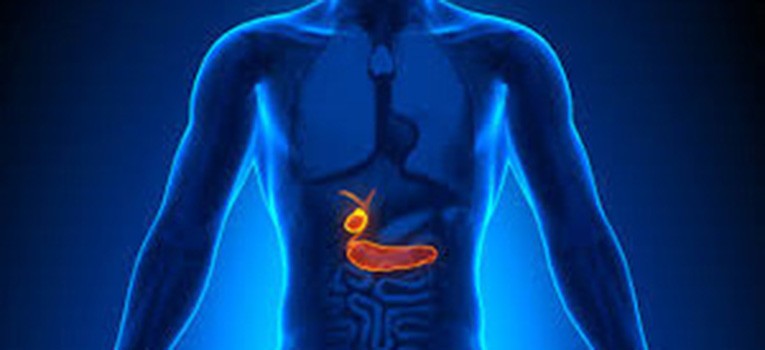The gallbladder, connected to the liver and intestines through bile ducts, plays an important role in the human digestive system. The main function of the gallbladder is to store a fluid known as “bile,” which aids the digestion of food materials, especially fat. Bile passes from the gallbladder to the intestines during the digestive process.
Sometimes the gallbladder has to be removed from the human body due to gallstones (small and hard particles present in the gallbladder) or cancer in the gallbladder. If gallstones are not removed on time, they may lead to deadly diseases like pancreatitis or a completely malfunctioning digestive system.
Laparoscopic Gallbladder Removal
Gallbladder removal surgery nowadays is performed with minimally invasive techniques. The formal name for such a procedure is “Laparoscopic Cholecystectomy”.
Laparoscopic Gallbladder Removal Surgery
During the laparoscopic surgery, the surgeon inserts a lighted scope inside the belly region of the human body through a small incision (keyhole). The scope being connected to a video camera displays the internal organs of the belly clearly. The surgeon uses this video monitor as a guide while conducting the gallbladder removal surgery with specialized surgical instruments. General anesthesia is applied for this surgery, the effect of which may last for more than two hours.
After surgery, bile, created in the liver, flows into the small intestine through the bile duct. Once the gallbladder is removed from the human body, the body cannot store bile anymore.
Recovering after Laparoscopic Cholecystectomy
Recovery after laparoscopic Gall Bladder Removal surgery is usually quick and problem-free. The majority of the patients can eat and drink after leaving the hospital on the same day. In some cases, the doctors may advise the patient to stay overnight, just as an additional precaution.
Here are some important tips to help you recover with ease after a gallbladder removal surgery:
In case of a cholecystectomy, there may be temporary sickness due to the effects of anesthesia or painkillers, pain in the abdomen and shoulders due to the gas used to inflate your abdomen, or diarrhea due to the recent surgery.
Wounds – The wounds heal pretty quickly in cholecystectomy. In an open surgery, stitches may have to be physically removed.
Normal Activities-In keyhole surgery, patients can resume normal life within a week, and can get back to work. Do not lift heavy weights and do strenuous exercise or work for at least 1½-month post surgery
Diet – Patient should follow the doctor’s dietary instructions. The general practice is to ease into a solid diet after few days of liquid diet like soups or gelatin. Have plenty of oral fluids and high fibre diet to avoid constipation and Avoid spicy / oily foods for 3-4 weeks post surgery. Take small frequent meals rather than having 2-3 heavy meals per day, do not lie-down immediately after meals.
Most patients return to a normal diet within a month after having gallbladder surgery.




